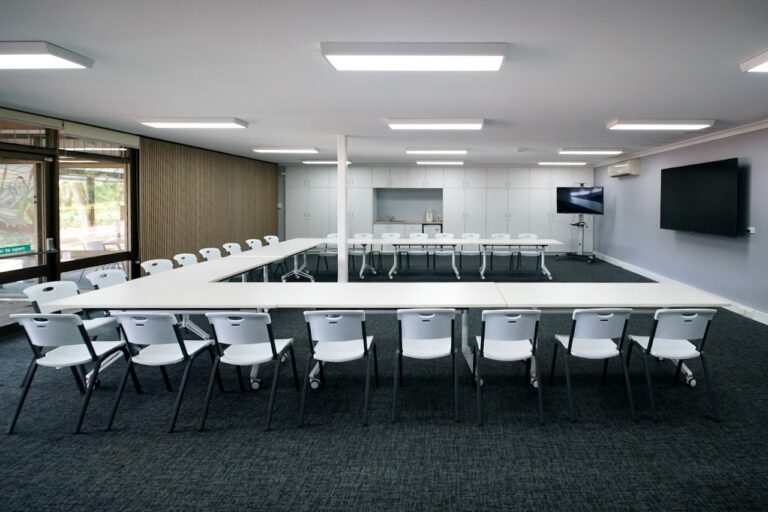In light of the recent floods that affected the Hunter region, it is a reminder of how critical it is that you look at how you and your business would recover from disaster if it happened to you.
Businesses are regularly besieged by IT issues which create downtime and cost money. Imagine if you lost all your data, accounts, contacts, policies … Sure you do back ups but are your back ups off site?
Ask yourself what will happen if a flood or fire ravaged your business premises? How quickly could you rebuild your business?
Developing a recovery plan gives you a chance to consider how you will get your business back on track if you do experience a crisis.
A recovery plan should include the following:
- Strategies to recover your business activities in the quickest possible time
- A description of key resources, equipment and staff required to recover your operations
- Your recovery time objectives
- A checklist you can use after a crisis has passed and it is safe to return to your premises.
A recovery plan is not an incident plan. An incident plan helps you deal with a crisis immediately before, during and after it has happened, your recovery plan has a longer term focus and helps you get your business running again.
Below are some strategies to consider when developing a recovery plan for your business.
Designate a recovery team
- Nominate staff to be part of a recovery team, assign backups and ensure that all are aware of their roles and functions in the recovery process. Your recovery team should be similar to your incident response team.
- Ensure that more than one person knows how to do a certain task and you don’t risk losing essential skills or knowledge if something happens to one of your staff members.
- Make sure your team can use manual processes in case your equipment or machinery is damaged.
- If you deal with hazardous materials, special equipment, or in risky environments, you may need to provide training for your staff so they can do their jobs safely and respond after an incident. This will help you reduce the impact a crisis may have on your business and help you recover quicker.
Review your emergency kit and contact lists
- Develop an emergency kit that includes key documents that will be essential for recovery. Make sure the emergency kit is stored safely and off-site in case your premises are unreachable in a crisis.
- Put together contact lists of all people who may be affected by a crisis, including staff, customers and suppliers and your insurance company. You may need to let your customers and suppliers know of alternative methods of contacting you or placing orders and what to expect from your business in the event of a lengthy outage.
- Record contact details of people who can fix your equipment, machinery and systems if they are damaged.
Maintain external communications
- Keep the lines of communication open with your customers, suppliers and other stakeholders such as business partners. Make sure that you have contact lists of all people who may be affected by the incident. Effective and timely communication will create and build the perception that your business is under control, that you know and understand what is happening, and that the situation will be resolved.
Identify alternative suppliers, facilities and equipment - Develop relationships with more than one supplier, so that if one is affected by an incident your business can continue as usual.
- Establish a disaster recovery location where you and your staff can work off site, if necessary, and will be able to access critical backup systems, records and supplies. This may be a room or space at another business location or at a hotel or home.
- Determine which assets (including documents) are essential for recovery and therefore require protection.
- Be prepared for the possibility of broken on damaged equipment, machinery and systems. Know who can fix them and have their contact details at hand. Consider renting or borrowing equipment if possible. Find out who you can rent or borrow equipment from if yours is damaged or unreachable.
- Factor in disruptions to electricity, gas, water, sewerage and telecommunications systems. Work out what backup systems or alternatives are available.
Keep your business operating
- Be prepared for cash flow emergencies. Keep cash on hand to handle immediate needs and consider setting up internet banking services.
- Assess your processes to work out if you can reduce your operating costs.
- Assess the impact of the crisis on your business and consider a range of business strategies to keep your business operating.
- Consider doing business online as this may allow you to operate even if your premises are damaged.
- It is important to remember, that as much as we all don’t want to consider that a disaster can happen to us, it is reality and it does happen and it is better to be prepared even if it never happens.





